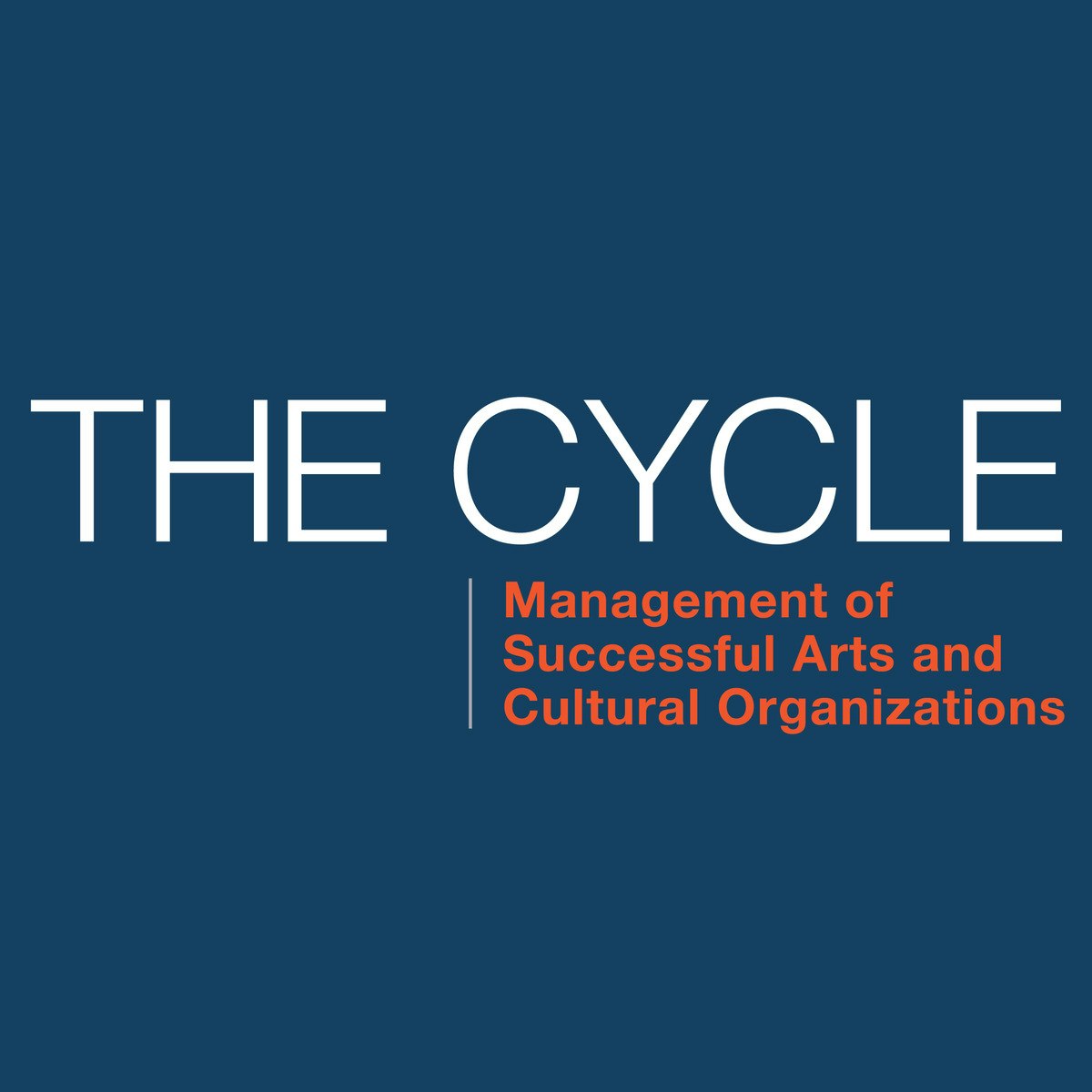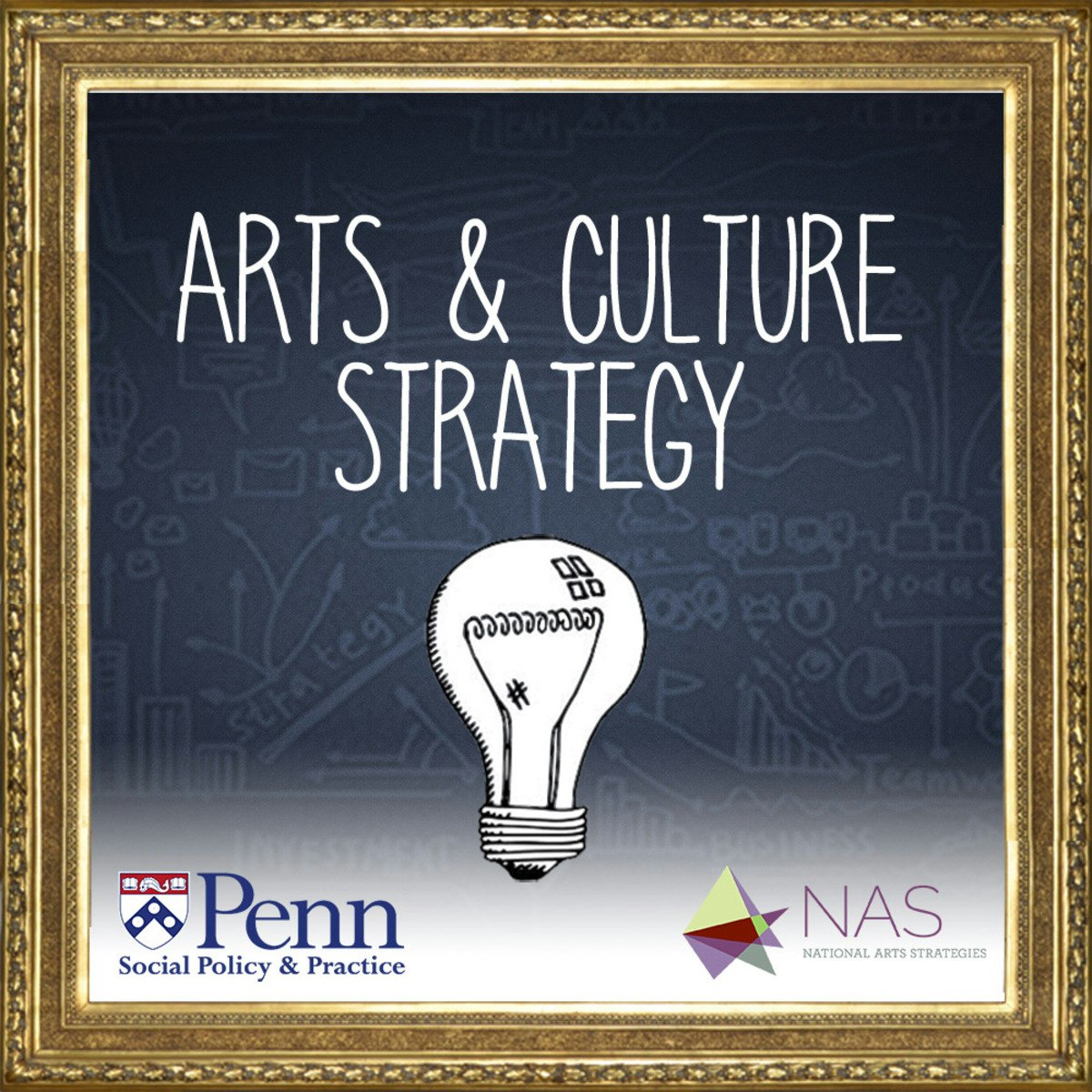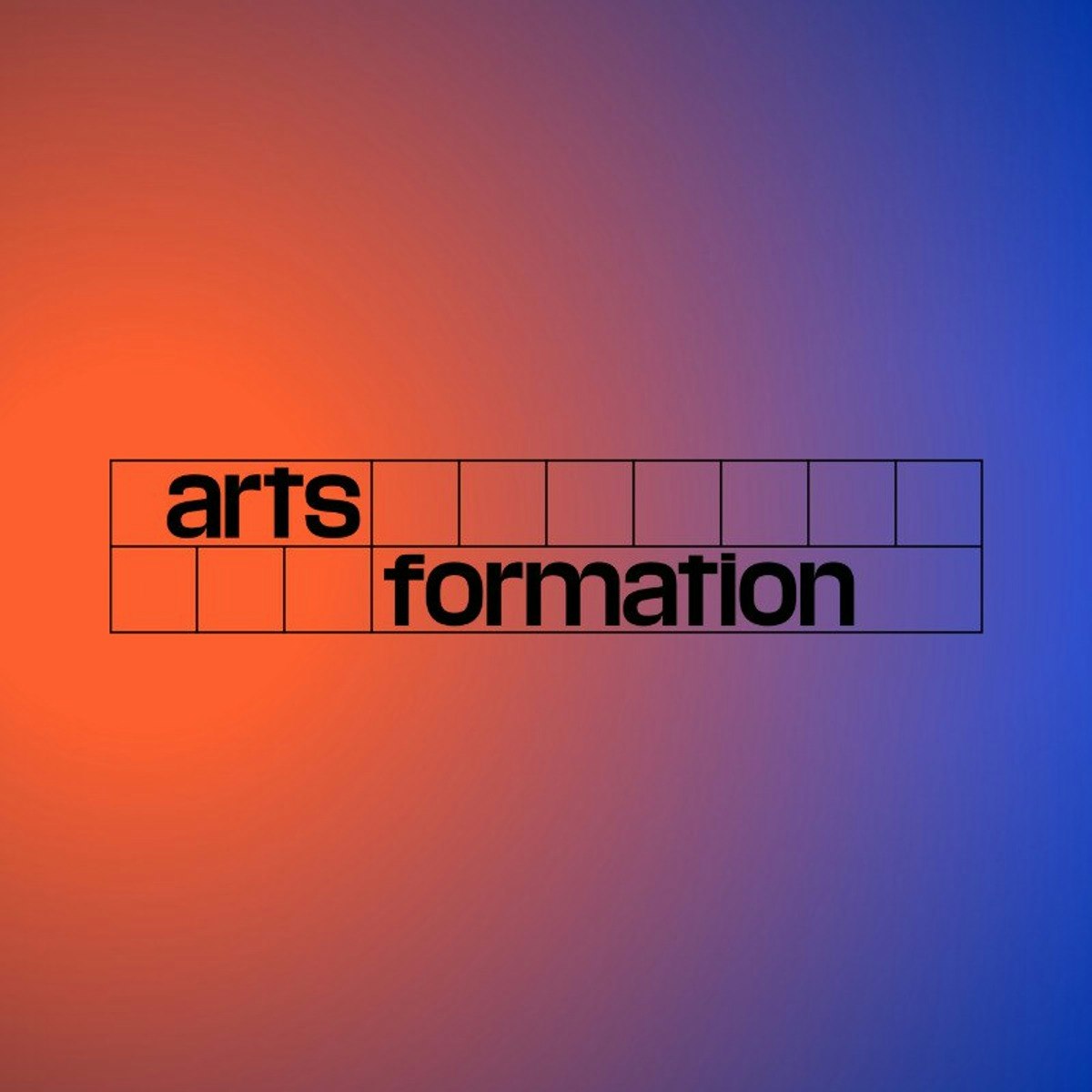Arts Administrator
Embarking on a Career as an Arts Administrator
An Arts Administrator plays a crucial role in the vibrant world of arts and culture. These professionals operate at the intersection of creative passion and practical management, ensuring that artistic visions come to life smoothly and sustainably. They are the organizational backbone for institutions like museums, galleries, theaters, orchestras, dance companies, and arts festivals, handling the essential business operations that allow art to flourish and reach its audience.
Working as an Arts Administrator can be deeply rewarding. You'll find yourself immersed in the creative process, collaborating with artists, curators, and performers while managing the logistics that make their work possible. This career offers the unique satisfaction of directly contributing to the cultural enrichment of communities and helping preserve artistic heritage, all while applying sharp business and organizational skills.
Core Responsibilities of an Arts Administrator
The duties of an Arts Administrator are diverse, requiring a blend of business acumen, communication skills, and a genuine appreciation for the arts. They are multi-taskers who ensure the smooth running of arts organizations, bridging the gap between artistic creation and operational realities.
Budget Management and Fundraising Strategies
Financial stewardship is a cornerstone of arts administration. Administrators are often responsible for creating and overseeing budgets, meticulously tracking expenses, and generating financial reports. A significant part of this involves identifying funding opportunities, writing grant proposals, and cultivating relationships with individual donors, foundations, and corporate sponsors. Securing adequate funding is vital for the sustainability and growth of any arts organization, making fundraising a critical skill.
Developing effective fundraising strategies requires creativity and persistence. Administrators must understand the funding landscape, including trends in government grants, foundation giving, and individual philanthropy. They need to articulate the organization's mission and impact compellingly to potential supporters, ensuring the financial resources are available to realize artistic goals.
These books offer insights into the financial and strategic aspects crucial for arts administration.
Program Development and Audience Engagement
Arts Administrators are instrumental in planning, developing, and supervising the organization's programs. This can encompass everything from scheduling exhibitions and performances to coordinating educational workshops and community outreach events. They work to create a diverse and engaging program lineup that aligns with the organization's mission and appeals to its target audiences.
Engaging the audience goes beyond just selling tickets. Administrators develop marketing and communication strategies to promote events and the organization itself. This involves utilizing websites, social media, email campaigns, and traditional advertising to build awareness and attract visitors. Understanding audience demographics and preferences helps tailor programming and outreach efforts effectively.
Effective audience engagement builds a loyal community around the arts organization. This involves creating welcoming environments, gathering feedback, and fostering relationships with patrons, members, and the wider public. Ultimately, the goal is to make the arts accessible and meaningful to as many people as possible.
These courses delve into strategies for successful arts organizations and audience engagement.
Collaboration with Artists and Stakeholders
A key function of an Arts Administrator is acting as a liaison between various groups. They collaborate closely with artists, curators, performers, and production teams to understand their needs and facilitate their work logistically. This requires strong interpersonal and communication skills to navigate different personalities and ensure artistic integrity is maintained throughout the production or exhibition process.
Administrators also engage with a wide range of external stakeholders. This includes board members, donors, government agencies, community leaders, volunteers, and the media. Building and maintaining positive relationships with these groups is essential for securing support, navigating regulations, and ensuring the organization remains connected to its community.
Managing human resources often falls under the purview of arts administration as well. This can involve recruiting, training, and managing staff and volunteers. Creating a positive and productive work environment is crucial for the organization's success and ability to fulfill its mission.
This course explores managing innovation within arts and culture settings.
Formal Education Pathways
While passion for the arts and practical experience are vital, formal education can provide a strong foundation and competitive edge for aspiring Arts Administrators. Educational programs equip individuals with the theoretical knowledge and practical skills needed to navigate the complexities of managing arts organizations.
Undergraduate Degrees in Arts Management or Related Fields
Many universities now offer bachelor's degrees specifically in Arts Administration or Arts Management. These programs typically combine coursework in art history, music, theatre, or visual arts with business subjects like management, marketing, finance, and law relevant to the nonprofit sector. Related degrees in Business Administration, Marketing, Communications, or even specific arts disciplines can also serve as entry points, especially when supplemented with relevant internships or volunteer experience.
An undergraduate degree often covers foundational concepts like arts policy, audience development, and the history of arts institutions. Students gain an understanding of the unique challenges and opportunities within the arts sector. Coursework may involve case studies, project-based learning, and interaction with arts professionals.
Gaining practical experience during undergraduate studies is highly recommended. Employers value hands-on experience, so seeking internships, volunteer positions, or part-time work in galleries, theaters, museums, or other cultural institutions is crucial for building a strong resume and professional network.
Explore foundational concepts in arts administration and related fields with these undergraduate-level resources.
record:19z5p9
Graduate Programs and Specialized Certifications
For those seeking advanced knowledge or leadership roles, a master's degree in Arts Administration or Management can be beneficial. Graduate programs delve deeper into strategic planning, financial management, cultural policy, fundraising, arts law, and leadership. These programs often require prior experience in the arts field and culminate in a capstone project or thesis, and often include internship requirements.
Specialized certificate programs offer another route for focused skill development. Often available online, these certificates cater to working professionals or those seeking specific expertise in areas like fundraising, arts marketing, or cultural policy without committing to a full master's degree. They provide targeted training and can enhance credentials.
Choosing between a master's degree and a certificate depends on career goals and existing experience. Research different programs to find the best fit, considering curriculum, faculty expertise, location (or online flexibility), and alumni networks. Some institutions integrate practical experience, such as internships or applied projects with arts organizations, directly into the curriculum.
Consider these graduate-level programs and resources for advanced study.
Relevant Coursework: Arts Policy, Nonprofit Management
Key areas of study within arts administration programs prepare students for the realities of the field. Courses in arts policy examine the role of government, funding structures, advocacy, and legal frameworks affecting the arts sector. Understanding policy helps administrators navigate regulations and advocate effectively for their organizations and the arts community.
Nonprofit management coursework is essential, as many arts organizations operate as nonprofits. This includes topics like board governance, strategic planning, volunteer management, program evaluation, and ethical considerations specific to the nonprofit world. Financial management courses cover budgeting, accounting principles (including fund accounting), and financial analysis for nonprofits.
Marketing and fundraising courses provide skills crucial for audience development and resource generation. Other relevant subjects might include arts law (contracts, copyright), human resources, community engagement, and potentially specialized courses depending on the art form (e.g., museum studies, performing arts management).
These resources delve into policy and management within the arts.
Digital Learning and Skill Development
In today's interconnected world, digital tools and online learning play an increasingly important role in preparing for and advancing within an arts administration career. The flexibility and accessibility of online resources make them invaluable for self-directed learners, career changers, and professionals looking to upskill.
Essential Digital Tools for Arts Administration
Proficiency in various digital tools is becoming essential for Arts Administrators. Project management software helps organize complex events and collaborations. Budgeting and financial reporting rely heavily on spreadsheet programs like Microsoft Excel or specialized accounting software. Marketing and communications require familiarity with social media platforms, email marketing services, website content management systems (CMS), and basic graphic design tools.
Database management is crucial for tracking donors, members, ticket buyers, and audience data. Customer Relationship Management (CRM) systems tailored for nonprofits are often used. Additionally, familiarity with online ticketing platforms, virtual event software, and digital archiving tools can be highly advantageous, especially as organizations embrace digital transformation.
Staying current with technology trends relevant to the arts sector is important. This might include understanding digital fundraising platforms, online auction software, or even emerging technologies like NFTs or virtual reality as they relate to artistic presentation and audience engagement. Continuous learning ensures administrators can leverage technology effectively.
Explore courses related to digital tools and their application in the arts.
Blending Online Learning with Hands-on Experience
Online courses offer a fantastic way to acquire foundational knowledge and specific skills in arts administration, often at your own pace. Platforms like OpenCourser provide access to courses covering management principles, marketing, fundraising, financial accounting, and even specialized topics like art history or music theory. Learners can use these resources to build a customized curriculum tailored to their needs and career goals.
However, practical experience remains critical. The most effective approach often involves blending online learning with real-world application. Seek internships, volunteer opportunities, or entry-level positions where you can apply the concepts learned online. This hands-on experience solidifies understanding, builds practical skills, and develops valuable professional connections.
For those pivoting careers, online courses can bridge knowledge gaps efficiently. They allow you to learn about the arts sector and acquire necessary administrative skills while potentially still working in another field. OpenCourser's features, like the ability to save courses to a list and compare syllabi, can help structure your learning journey. Consulting the OpenCourser Learner's Guide can provide strategies for effective self-directed online study.
These courses provide management and strategy skills applicable to the arts.
Building Portfolios through Virtual Collaborations
In the digital age, building a professional portfolio doesn't always require traditional, in-person projects. Virtual collaborations and online projects offer excellent opportunities to demonstrate skills relevant to arts administration. This might involve managing social media for a small arts collective, helping an artist develop an online marketing plan, or assisting with virtual fundraising campaigns.
Online platforms can facilitate remote project management, collaborative document creation, and virtual team meetings. Participating in online forums or groups dedicated to arts administration can lead to opportunities for collaboration. Documenting these experiences – perhaps through case studies, project summaries, or examples of marketing materials created – builds a tangible record of your capabilities.
Consider creating a personal website or online portfolio to showcase your projects, skills, and experience. This digital presence serves as a dynamic resume, demonstrating your engagement with the field and your ability to leverage digital tools effectively, qualities highly valued by potential employers in the arts sector.
These books offer frameworks for understanding performance and cultural industries, contexts where portfolio building is key.
Career Progression in Arts Administration
A career in arts administration offers various pathways for growth, often blending administrative expertise with a deepening understanding of the artistic field. Progression typically involves gaining experience, taking on increasing responsibility, and potentially specializing in specific functional areas.
Entry-Level Roles vs. Senior Leadership Trajectories
Entry-level positions might include roles like Administrative Assistant, Program Assistant, Box Office Associate, Marketing Assistant, or Development Assistant. These roles provide exposure to the day-to-day operations of an arts organization and allow individuals to develop foundational skills in specific areas like customer service, database management, event support, or basic fundraising tasks.
With experience, administrators can move into mid-level roles such as Program Coordinator, Marketing Manager, Grant Writer, Volunteer Coordinator, or Operations Manager. These positions involve more responsibility, including managing specific projects, supervising staff or volunteers, developing departmental budgets, and contributing to strategic planning.
Senior leadership trajectories can lead to positions like Development Director, Marketing Director, Managing Director, Executive Director, or CEO/President. These roles involve overseeing entire departments or the organization as a whole, setting strategic direction, managing significant budgets, cultivating major donor relationships, representing the organization publicly, and working closely with the board of directors.
These courses can help develop leadership and strategic skills necessary for advancement.
Transition Paths from Artistic/Administrative Backgrounds
Arts administration attracts individuals from diverse backgrounds. Artists, performers, or curators seeking more stable careers or wishing to impact the arts sector more broadly often transition into administrative roles. Their deep understanding of the creative process and artistic needs can be a significant asset, though they may need to supplement their experience with business management, fundraising, or marketing skills, often achievable through targeted coursework or certificate programs.
Conversely, individuals with general administrative, business, or nonprofit management backgrounds can transition into arts administration by developing a strong understanding and passion for a particular art form or the cultural sector in general. Demonstrating commitment through volunteering, attending events, serving on boards, or taking relevant arts-focused courses can facilitate this transition.
Making a career pivot requires acknowledging the learning curve and being proactive in acquiring necessary skills and knowledge. Networking within the arts community is crucial for both paths, helping individuals understand the sector's nuances and identify opportunities. Informational interviews with current arts administrators can provide valuable insights and guidance.
This book provides a broad overview of management practices applicable across sectors.
Salary Benchmarks and Promotion Criteria
Salary levels in arts administration can vary significantly based on the organization's size, budget, geographic location, and the specific role. Nonprofit arts organizations often operate with tighter budgets compared to for-profit industries, which can impact compensation, particularly at the entry level. Recent data suggests entry-level salaries might start around £15,000 (UK) or roughly $32,500 (US 25th percentile), while experienced administrators or managers might earn £30,000 or more (UK), or between $46,000 (US average) and $71,000+ (US 90th percentile), with senior executives potentially earning significantly more.
The U.S. Bureau of Labor Statistics (BLS) groups many arts-related roles, but reported a median annual wage of $51,660 for arts and design occupations in May 2023, slightly above the overall median wage. However, specific roles like Art Directors had a much higher median ($106,500), while others might be lower. Keep in mind these are broad categories and arts administration itself isn't always a distinct BLS classification.
Promotion often depends on demonstrated success in current roles, acquiring new skills (potentially through further education or professional development), taking initiative, building strong relationships, and showing leadership potential. Success in areas like fundraising, audience growth, program development, or efficient operations is typically key criteria for advancement. Networking and visibility within the broader arts community can also play a role.
Global Trends Impacting Arts Administrators
The landscape of arts administration is constantly evolving, shaped by broader societal, technological, and economic shifts. Staying aware of these trends is crucial for effective leadership and strategic planning within cultural organizations.
Digital Transformation of Cultural Institutions
Digital technology is profoundly reshaping how arts organizations operate and engage with audiences. This includes everything from online ticketing and digital marketing to virtual exhibitions, live-streamed performances, and digital archiving. The pandemic accelerated this shift, forcing many institutions to rapidly adopt digital platforms to maintain contact with audiences and find new revenue streams, such as Opera North's virtual choir initiative.
This transformation presents both opportunities and challenges. Digital tools can broaden reach, making art accessible to global audiences and those with physical limitations. They enable data collection for better audience understanding and personalized engagement. However, it also requires investment in technology infrastructure, staff training in digital literacy, and developing new digital strategies and business models, as highlighted by initiatives from organizations like the National Theatre or The Tank Museum.
Arts administrators must navigate this digital shift strategically. This involves understanding key digital concepts, assessing their organization's digital strengths, identifying relevant technologies (from CRM systems to potentially NFTs or metaverse applications, as explored by institutions like The Hermitage), and integrating digital practices across operations, programming, and audience engagement. Leaders need to foster a culture of digital innovation to stay relevant.
These courses explore the intersection of arts, culture, and the digital world.
record:221c09
record:q03k7w
Shifting Funding Models Post-Pandemic
The financial ecosystem for the arts is in flux. While government relief funding provided a crucial lifeline during the pandemic, much of that temporary support is diminishing. Data indicates a greater reliance on contributed revenue, particularly from government and foundations, through 2022-2023, though federal relief has tapered. Earned revenue from ticket sales and memberships is recovering but hasn't fully rebounded to pre-pandemic levels relative to expenses or inflation.
National funding trends show complexity. In the US, overall legislative appropriations to state arts agencies saw a significant decrease in FY2024 compared to FY2023, largely due to the end of major one-time COVID relief funds in states like NY and CA. However, many individual states still reported increases. Foundation giving for arts and culture saw modest dollar growth in 2021, though the number of grants decreased slightly, potentially reflecting a return to normalcy after peak pandemic response.
Arts administrators face the challenge of building sustainable financial futures in this evolving landscape. This requires diversifying revenue streams, strengthening individual donor cultivation, exploring innovative fundraising models (including digital fundraising), and potentially new partnerships or earned revenue strategies. Advocating for sustained public funding remains critical, as it often leverages further private support.
This book discusses economic aspects relevant to cultural funding.
Diversity/Equity Initiatives in Arts Leadership
There is a growing emphasis on Diversity, Equity, Inclusion, and Accessibility (DEIA) within the arts and culture sector. Organizations and funders increasingly recognize the importance of reflecting the diversity of their communities in their programming, audiences, staff, and leadership. This involves actively working to dismantle systemic barriers and create more equitable and inclusive environments.
Implementing meaningful DEIA initiatives requires intentional effort. Strategies recommended by organizations like Grantmakers in the Arts (GIA) and others include anchoring DEIA to the organization's core mission, conducting internal audits, providing ongoing training for staff and boards, establishing advisory committees, promoting diverse hiring and promotion practices, and building partnerships with diverse communities and advocacy groups.
Arts administrators play a key role in championing and implementing these initiatives. This involves fostering an inclusive organizational culture, ensuring programming represents diverse voices and perspectives, making facilities and digital offerings accessible, and collecting demographic data to track progress. Addressing DEIA is not just an ethical imperative but also increasingly seen as essential for organizational relevance, audience engagement, and attracting funding, as highlighted by resources from National Endowment for the Arts and various foundations.
These courses touch upon social action and diverse perspectives within the arts.
Ethical Challenges in Arts Administration
Arts administrators often navigate complex ethical terrain, balancing competing interests and values inherent in the cultural sector. Making principled decisions requires careful consideration and transparency.
Balancing Artistic Integrity vs Financial Sustainability
Perhaps the most classic dilemma is the tension between artistic vision and financial realities. Administrators must support the creation and presentation of compelling, sometimes challenging, art while ensuring the organization remains financially viable. This can lead to difficult choices about programming – should the focus be on popular, revenue-generating shows or on riskier, less commercially viable but artistically significant work?
This balancing act requires skillful negotiation and communication. Administrators must work collaboratively with artistic directors, curators, and artists to find solutions that respect artistic goals while adhering to budgetary constraints. It involves making strategic decisions about resource allocation, fundraising priorities, and earned revenue targets, always keeping the organization's core mission in mind.
Transparency in decision-making processes can help manage this tension. Clearly articulating the rationale behind programming choices, budget allocations, and fundraising efforts fosters trust among staff, artists, board members, and the community. Finding alignment between artistic ambition and financial health is an ongoing process.
These resources explore performance, a field often facing this ethical balancing act.
Cultural Appropriation Concerns in Programming
Programming decisions can intersect with sensitive issues of cultural representation and appropriation. Arts organizations have a responsibility to present diverse cultures respectfully and authentically. This involves careful consideration when programming works that draw from cultures outside the dominant one, ensuring collaboration with artists and communities represented, and avoiding stereotypical or harmful portrayals.
Administrators must be aware of these dynamics and engage in thoughtful dialogue with artists, curators, and community members. This includes researching the cultural context of artworks or performances, seeking guidance from cultural experts, and compensating artists and knowledge holders fairly for their contributions. It's about creating platforms for authentic voices rather than appropriating cultural elements without understanding or permission.
Developing clear institutional policies and practices around cultural equity and representation can guide decision-making. This might involve establishing community advisory panels, prioritizing partnerships with culturally specific organizations, and providing ongoing training for staff on cultural sensitivity and anti-racism. Addressing these concerns proactively builds trust and credibility.
These books touch on interculturalism and diverse perspectives in performance and art.
Transparency in Donor Relationships
Fundraising is essential, but managing relationships with donors requires ethical diligence. Administrators must ensure transparency about how donations are used and acknowledge contributions appropriately. They must also navigate potential conflicts of interest, such as when a major donor seeks undue influence over programming or institutional policies.
Maintaining donor confidentiality while adhering to reporting requirements is crucial. Organizations should have clear gift acceptance policies that outline the types of donations accepted and any conditions attached. It's important to respect donor intent while ensuring gifts align with the organization's mission and values.
Ethical dilemmas can arise regarding the source of funds, particularly with corporate sponsorships or donations from individuals whose activities may conflict with the organization's values. Administrators and boards must weigh the financial benefits against potential reputational risks and ethical concerns, making decisions that uphold the institution's integrity.
Frequently Asked Questions (Career Focus)
Choosing a career path involves many questions. Here are answers to some common queries about becoming and working as an Arts Administrator, focusing on stability, growth, and the nature of the work.
Can arts administrators transition to corporate roles?
Yes, transitioning from arts administration to corporate roles is possible, though it often requires highlighting transferable skills. Arts administrators develop strong capabilities in project management, budget oversight, stakeholder relations, marketing, event planning, and team leadership – all valuable in the corporate sector. Emphasizing these business-oriented skills on resumes and during interviews is key.
Potential corporate roles might be found in marketing departments, corporate social responsibility (CSR) divisions, event management companies, public relations firms, or foundations that fund the arts. Networking with professionals in target industries and potentially pursuing additional training or certifications in specific business functions can aid the transition.
The challenge often lies in demonstrating how experience in a mission-driven, often resource-constrained nonprofit environment translates to the goals and culture of a for-profit company. Framing achievements in terms of measurable outcomes (e.g., revenue generated, audience growth, cost savings) can be particularly effective.
How does unionization affect career options?
Unionization primarily affects arts administrators who work in organizations where artists, technicians, or other staff are represented by unions (e.g., Actors' Equity Association, IATSE, American Federation of Musicians). Administrators in such settings must understand and work within the frameworks of collective bargaining agreements.
This involves adhering to specific rules regarding hiring, working conditions, compensation, and grievance procedures for unionized employees. While it adds a layer of complexity to management, it also provides established procedures and standards. Administrators may need specific knowledge of labor relations and contract negotiation.
Unionization doesn't typically limit career progression within arts administration directly, but it shapes the environment and responsibilities, particularly in HR or production management roles within unionized venues like larger theaters or orchestras. Experience navigating union contracts can be a valuable skill for certain senior positions.
Is freelance/consultancy work viable long-term?
Yes, experienced Arts Administrators can build viable long-term careers as freelancers or consultants. After gaining significant experience and building a strong network and reputation, administrators can offer specialized services to multiple organizations on a project basis.
Common areas for freelance work include grant writing, marketing strategy, fundraising campaigns, strategic planning, board development, or interim management roles. Success requires strong self-discipline, business development skills (finding clients), financial planning (managing variable income), and the ability to adapt quickly to different organizational cultures.
While freelancing offers flexibility and variety, it lacks the stability and benefits (like health insurance or retirement plans) of full-time employment. Building a sustainable freelance practice takes time and consistent effort in networking and delivering high-quality work.
What crisis management skills are essential?
Arts organizations can face various crises – financial shortfalls, public relations issues, programming controversies, facility emergencies, or global events like pandemics. Essential crisis management skills include clear and calm communication, rapid problem assessment, decisive decision-making under pressure, and adaptability.
Administrators need to be adept at developing contingency plans, managing internal and external communications during a crisis, liaising with stakeholders (board, staff, media, public), and coordinating response efforts. Financial acumen is crucial for navigating budget crises, while strong leadership is needed to guide the organization through uncertainty.
Proactive risk assessment and planning can mitigate the impact of potential crises. Skills in conflict resolution and stakeholder management are also vital for addressing controversies or internal issues effectively. Ultimately, resilience and the ability to lead through difficult times are key.
How to balance artistic passion with administrative duties?
This is a common challenge, especially for those who entered the field driven by a love for a specific art form. The key lies in recognizing that administrative work directly supports the creation and sharing of art. Framing tasks like budgeting, marketing, or fundraising as enabling the artistic mission can help maintain motivation.
Strategies include intentionally carving out time to engage with the art itself – attending performances, visiting galleries, talking with artists. Staying connected to the creative output reminds administrators of the purpose behind their work. Effective time management and delegation are also crucial to avoid being solely consumed by administrative tasks.
Finding roles or organizations where the administrative work feels closely aligned with personal artistic interests can help. Open communication with artistic staff ensures administrative decisions support, rather than hinder, the creative vision. It's about finding fulfillment in facilitating art, even if not directly creating it.
This course explores music and its potential for social impact, linking passion with action.
Emerging specializations within the field?
As the arts sector evolves, new specializations are emerging. Digital arts administration is growing, focusing on online engagement, virtual programming, digital marketing analytics, and managing digital assets. Expertise in data analysis to understand audience behavior and measure impact is also increasingly valued.
Cultural policy and advocacy roles are becoming more specialized, particularly focusing on issues like cultural equity, creative economy development, or international cultural relations. Community engagement and arts education administration remain vital areas, often with increased focus on accessibility and social impact measurement.
With a greater focus on DEIA, specialized roles focusing on implementing and managing diversity and inclusion initiatives within arts organizations are also developing. Furthermore, as organizations explore new revenue models, expertise in areas like creative placemaking, social enterprise within the arts, or managing hybrid (physical/digital) experiences may become distinct specializations.
Embarking on a career as an Arts Administrator is a path for those who possess both a passion for the arts and a pragmatic approach to management. It demands dedication, adaptability, and a wide range of skills, from financial planning to stakeholder communication. While challenges exist, particularly concerning funding and balancing diverse priorities, the opportunity to support artistic expression and contribute meaningfully to cultural life offers profound rewards. Whether you are just starting to explore this field or considering a transition, the journey requires continuous learning and a commitment to the vibrant ecosystem of the arts.













